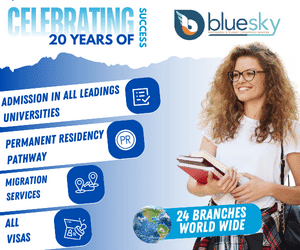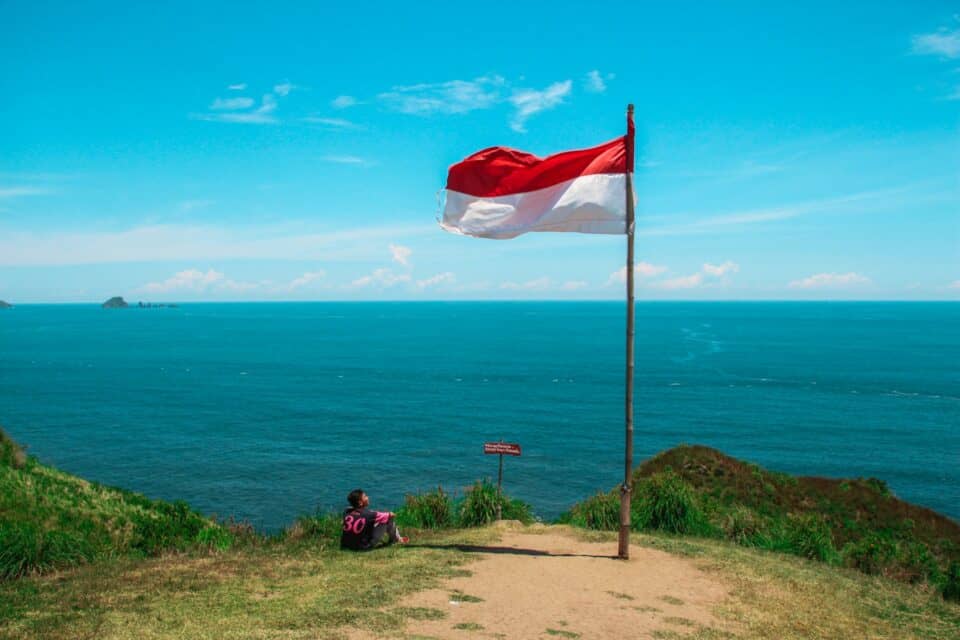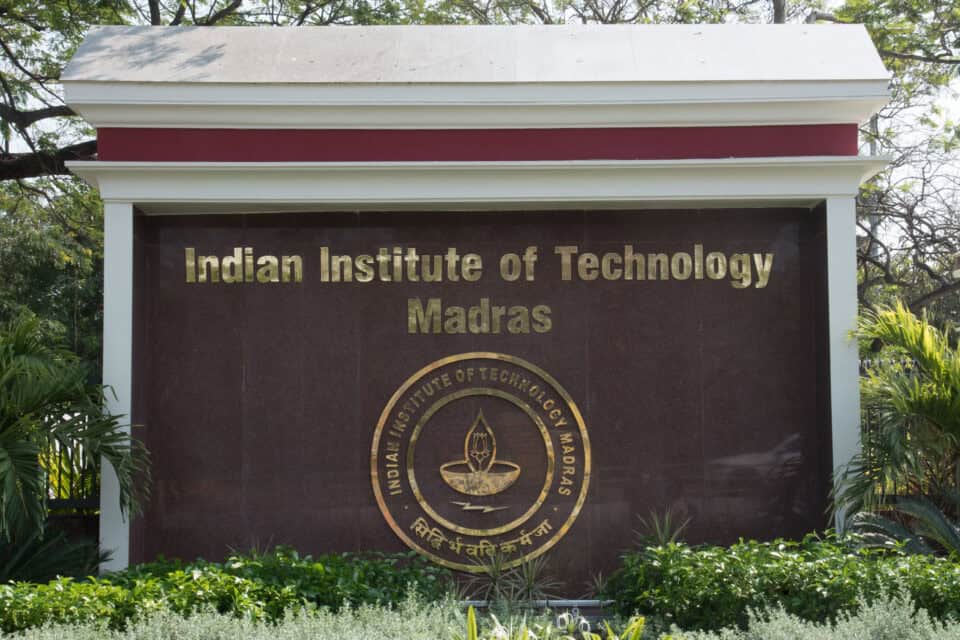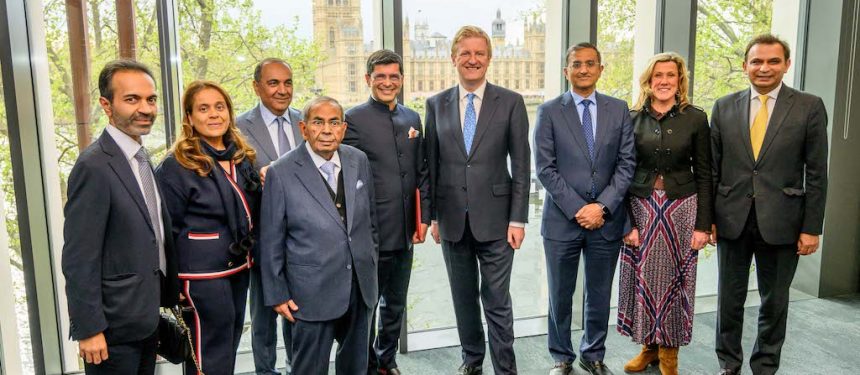The Australian higher education regulator has released a new toolkit specifically for transnational education best practice.
Released on November 24 at TEQSA’s annual conference, the transnational education toolkit aims to implement and ensure “a high-quality student experience and compliance” with TEQSA’s existing Higher Education Standards Framework.
“The Australian higher education sector has a great opportunity to recover from the COVID-19 pandemic by offering its awards across different delivery modes and into new and emerging markets,” said author Samantha Young, director of the office of quality and policy at Monash University. Monash has a TNE campus in Selangor, Malaysia.
Our new Transnational education (TNE) toolkit, authored by Dr Samantha Young, was launched today at #TEQSA22.
It provides guidance to the sector on third-party offshore delivery of Australian higher education awards.
➡️ https://t.co/2qswRoPob6#HigherEd #OzHe #TNE pic.twitter.com/S6tfDJrHFb
— TEQSA (@TEQSAGov) November 24, 2022
“Yet this opportunity should also be balanced by the risks innate to offering awards offshore to ensure the integrity of Australian higher education awards is always maintained. The toolkit will enhance institutions’ understanding of those risks,” she continued in the author’s note.
The toolkit is formatted as a lifecycle of a university’s journey in TNE, looking at each phase of the university’s delivery of the TNE program, including establishment and contract renewal, course delivery, stakeholder management, governance and cyclical review.
The establishment and contract renewal phase stresses the use of due diligence with prospective partners, including how the in-country government looks at higher education delivery and how laws may differ from country to country.
It also examines considerations from a business and academic point of view to cover all bases, as well as general partnership considerations and contractual arrangements.
The next phase is course delivery, and the toolkit goes into minute detail on aspects such as course design, staff qualifications, and all-important student support and wellbeing.
“Don’t underestimate the work required in managing a partner. Until a partner becomes established and meets standards, there will need to be a lot of touch points and regular contact,” the toolkit reads.
Phase three examines arrangements surrounding the governance of a TNE partnership – and it insists that governance should be “scaled to suit the nature of the partnership and delivery model”. It also factors in the different approaches to corporate and academic governance necessary.
Management of stakeholders is also included in the phases, and the document stresses the vitality of it as “successful maintenance of a partnership”.
“Strategic and coordinated stakeholder management of offshore TNE – either self-managed or delivered by a third party – will be required by multiple teams across an institution’s operations,” the toolkit directs.
“It is vitally important that staff and students identify with the institution and have a sense of belonging. Engagement across the organisation should be encouraged.”
It also marks that staff turnover should be monitored, and if high, investigated in case it leads to issues within the partnership.
Finally, cyclical review is necessary to completely cover the basis of TNE partnerships. TEQSA lists aspects such as student performance and experiences, ROI and changes in the region in which the partnership has been made.
Additionally, it recommends reviews of third-party arrangements and separate strategic reviews performed “perhaps every three years” to keep the wheel spinning.
Overall, the toolkit is comprehensive, but warns that institutions should “never underestimate” the work that goes into creating and maintaining a TNE partnership, and monitoring “all aspects of delivery”.
“The variety of delivery modes will respond to market demand and evolving technologies”
“The offering of Australian higher education awards offshore will continue to increase over the coming years, and the variety of delivery modes will respond to market demand and evolving technologies,” Young explained.
“This toolkit can be used to support staff in assuring the integrity of those awards alongside providing a quality experience for all students,” she added.
The toolkit release comes as TEQSA has received a less-than-glowing review of its work practices. Campus Morning Mail reported that staff are “not confident in top management”, and that while positive attitudes to superiors is at 70%, only 32% said the senior executive “work as a team” – 22% lower than the Australian Public Service overall.












